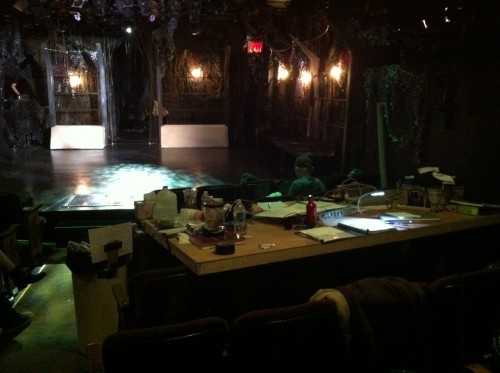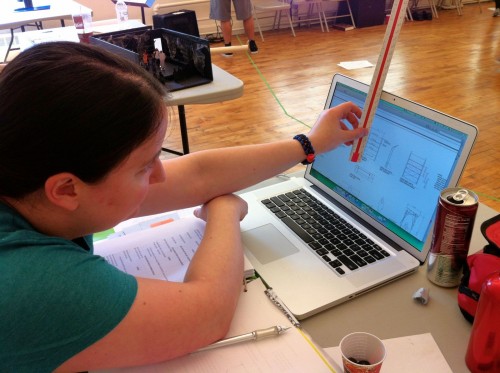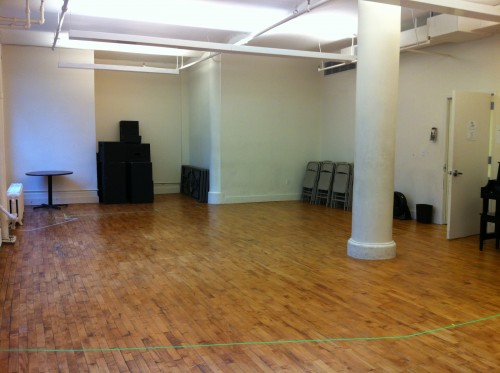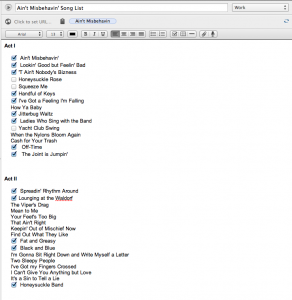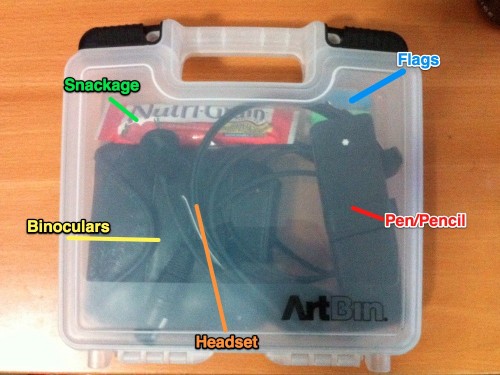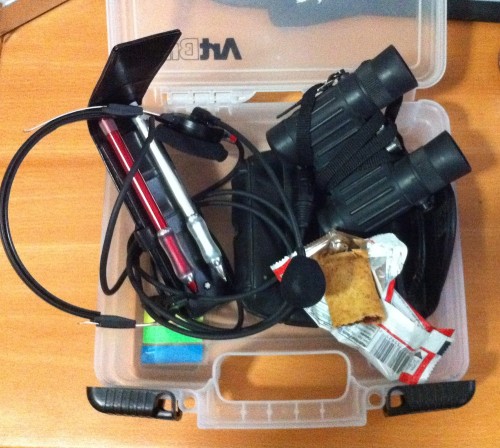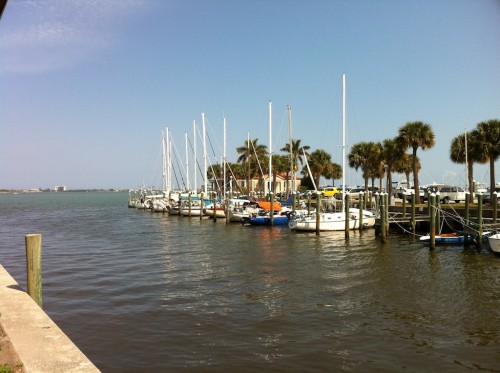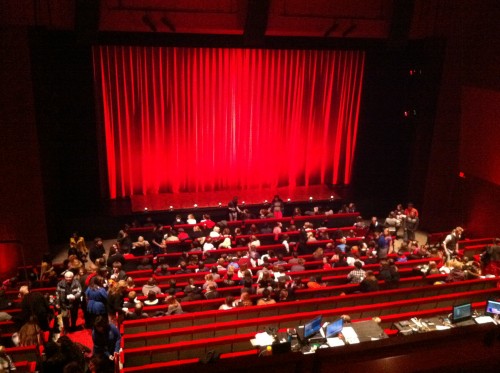Well tech is basically done! We still have one 10-out-of-12 tomorrow, but it’s a rather unconventional one, as it will consist of both a photo call and our invited dress, which I think is an interesting way of doing it. It should be a fun day.
Yesterday we finished teching early in the day, then did a stop-and-start run out of costume (which only had like two stops, so it was basically a run), and then in the evening did our first full dress run. We’ve still been making significant changes, which is a struggle to keep up with now that all of us have our own responsibilities, but the changes are great, and well worth it!
The tech process has been going very well. I’ve got like 300 cues in a 90-minute show, so I’m pretty busy. I think there are about 3 pages that don’t have cues. Tomorrow I make the transition from calling the show to the assistant lighting designer, to running the Ion myself. I’m a little scared, because now I have to re-learn all the timing again, but I’m hoping I’ll just instinctively be able to figure it out. I get two (maybe three?) cracks at it before we have a paying audience. If you want to see if this is effective, feel free to go to triassicparq.com and buy tickets to Tuesday’s show!
As usual, I’m having a great time. We had a few people in the house last night who hadn’t seen any significant portion of a run before, which was nice (they appeared very entertained!), but I’m really looking forward to tomorrow night when we’ll have people who, although they’re our friends, haven’t seen or read (or written) any of the show.


